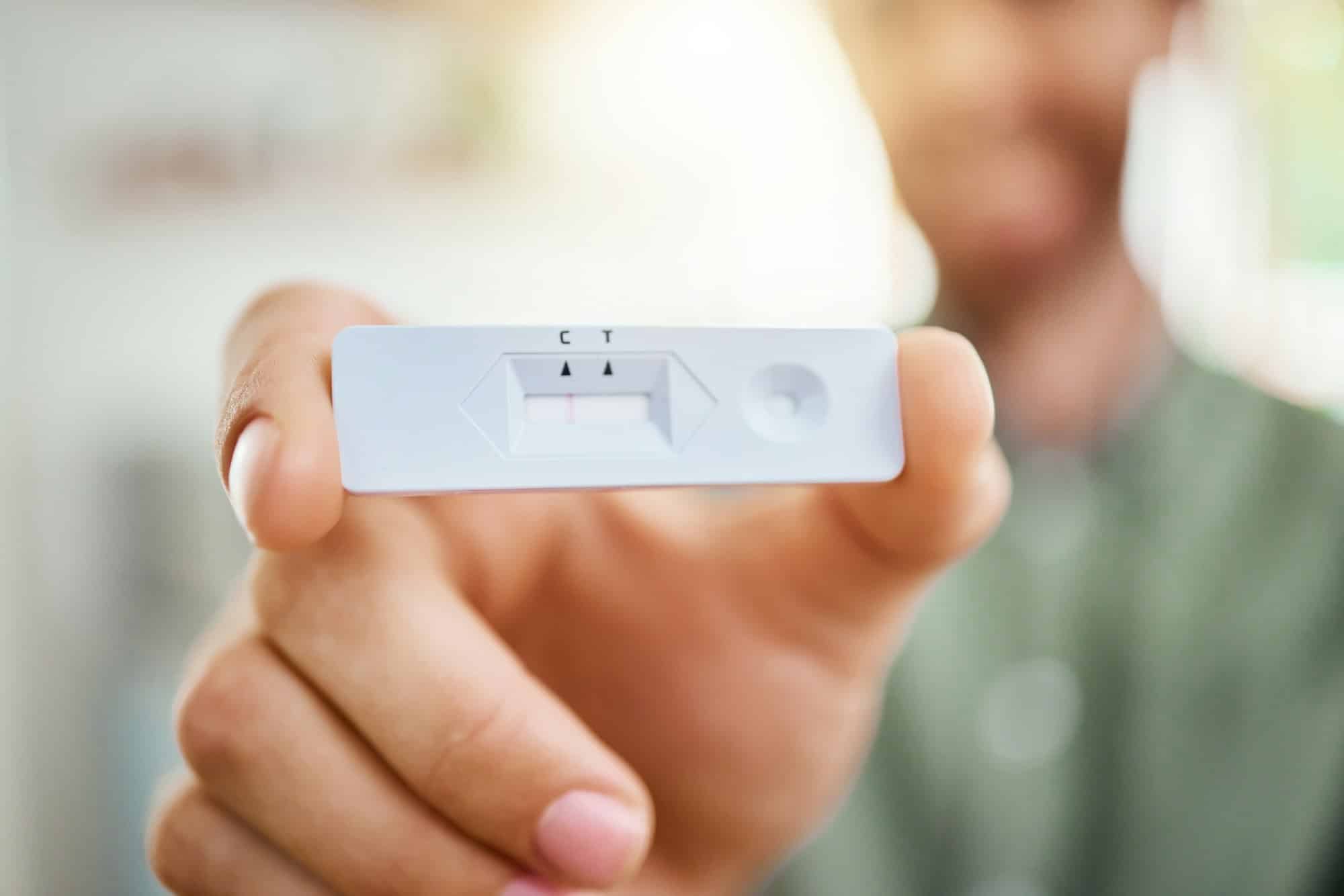What Are the Best Tips for Keeping an Indoor Cat’s Weight Under Control?

As cat owners, you will know that managing your pet’s weight is crucial for their overall health. Indoor cats specifically tend to be more prone to weight gain due to their sedentary lifestyle. This article provides valuable insights into maintaining your indoor cat’s weight, discussing the right amount of food, diet, exercise, and more.
Understanding Your Cat’s Weight and Health
An overweight cat is not just about aesthetics. Being overweight or obese can lead to significant health issues in cats, much like in humans. Understanding the impacts of obesity on your cat’s health is the first step in helping them maintain a healthy weight.
A voir aussi : How to Manage a Dog’s Allergies Through Environmental Control?
When a cat is overweight, it can lead to various health problems such as diabetes, arthritis, and even certain types of cancer. Obesity in cats can also affect their quality of life, making it difficult for them to move around, play, or even groom themselves adequately. Weight loss, therefore, is not just about keeping your cat looking good but also ensuring their overall well-being.
While determining whether your cat is overweight, it’s important to realize that different breeds have different body structures and ideal weights. A simple way to check is by feeling for their ribs and spine. If you cannot easily feel these bones, your cat might be overweight.
A voir aussi : How to Design a Comfortable Sleeping Space for a Cat with Arthritis?
Balancing Your Cat’s Diet
One of the main factors contributing to a cat’s weight is its diet. Therefore, feeding the correct amount and type of food is crucial. The caloric needs of every cat can vary based on factors like age, breed, and activity level. Commercial cat foods often provide guidelines for feeding based on weight, but these are just starting points.
You should also consider the type of food you are feeding your cat. Foods high in protein and low in carbohydrates are usually the best for cats. Remember, cats are obligate carnivores and their bodies are designed to metabolize proteins and fats, not carbohydrates. Consider consulting with your vet to help you determine the best diet plan for your cat.
Importance of Exercise
Much like humans, cats need regular exercise to maintain a healthy body weight. Exercise will not only help your cat lose weight if they are overweight, but it also has other health benefits. It can improve their mood, increase their energy levels, and even help prevent certain types of diseases.
While it might seem challenging to exercise an indoor cat, there are many ways to keep them active. From chasing laser pointers to climbing cat trees, there are many activities that can keep your cat moving.
Limiting the Calorie Intake
While it’s important to feed your cat the right type of food, it’s also crucial to control the amount they eat. By limiting the amount of calories your cat consumes, you can help prevent weight gain. An adult indoor cat typically needs between 20-30 calories per pound of body weight per day, but this can vary depending on factors like age and activity level.
It’s also important to note that treats, while tempting to give, should make up no more than 10% of your cat’s daily calorie intake. They are often high in calories and can easily contribute to weight gain if given in excess.
Regular Vet Check-ups
Regular vet check-ups are a crucial part of keeping your cat’s weight under control. Your vet can provide you with a proper weight assessment and help you develop a diet and exercise plan that’s suitable for your cat. They can also monitor your cat’s weight loss progress and make adjustments to the plan as needed.
Obesity in cats is a growing concern that can lead to serious health complications. However, by understanding the impacts of obesity on your cat’s health, feeding them a balanced diet, ensuring they get enough exercise, limiting their calorie intake, and having regular vet check-ups, you can help keep your indoor cat’s weight under control. Remember, your cat’s health and happiness are in your hands.
The Role of Food in Weight Management
When it comes to maintaining a healthy weight for your indoor cat, the kind of food you provide plays a vital role. All cat foods are not created equal, and understanding the nutritional content is key. Cats are obligate carnivores, meaning their diet should be rich in protein. This is why the focus should always be on high-quality cat food that is low in carbohydrates and high in protein.
The choice between wet food and dry food can also influence your cat’s weight. Wet food typically has lower calorie content and is more satiating due to its high water content. This is often beneficial for weight management, as it can help your cat feel full without consuming too many calories.
Furthermore, the body condition of your cat should guide the amount of food you serve. An overweight cat would require fewer calories to lose weight while an underweight one needs more to reach the ideal weight. Your vet should be able to help you determine your cat’s body condition and provide recommendations on portion sizes.
Lastly, consider your cat’s meal times. Instead of leaving the food bowl out all day which encourages overeating, have set feeding times. This approach not only helps with weight management but also establishes a routine for your cat.
Addressing Overfeeding and Overweight Issues
Overfeeding is a common cause of weight gain in indoor cats. As much as your cat may enjoy an extra treat or a heaping food bowl, it’s important to resist the temptation to overfeed. Establishing a feeding schedule and sticking to it can help your cat maintain a healthy weight.
Consider using a measured food bowl to control portions. This can be particularly useful if you have a cat that tends to eat too quickly. A slow-feed bowl can help your cat eat at a more leisurely pace, reducing the risk of overeating.
Remember, treats and human food should ONLY be given sparingly. While it’s okay to give your cat a treat once in a while, these should not make up more than 10% of their total calorie intake.
Conclusion
Keeping an indoor cat’s weight under control is a crucial part of ensuring their long-term health and happiness. While it may seem challenging at times, a balance of the right kind of cat food, regular vet check-ups, an effective feeding schedule, and adequate exercise can help maintain a healthy weight.
It’s important to remember that every cat is unique, and what works for one may not work for another. Always consult with your vet before making significant changes to your cat’s diet or routine. After all, every cat deserves a long, healthy, and happy life, and as a cat owner, you play a significant role in making this possible.
